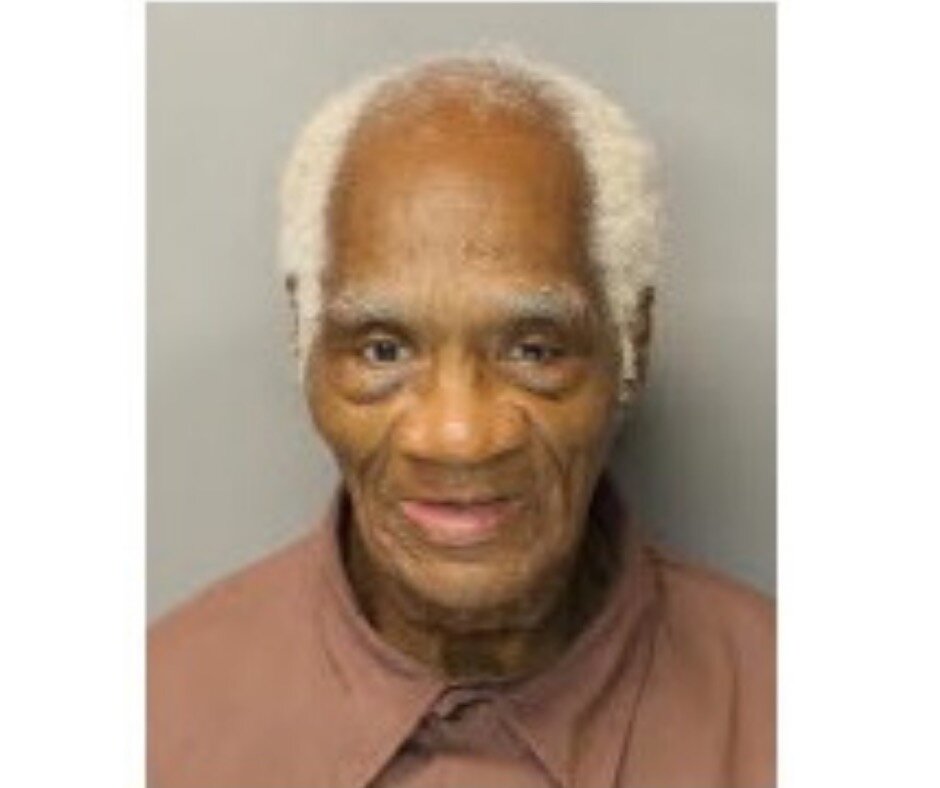In a perfectly tragic series of events, Zeph’s story lines up with systematic ways the United State’s criminal justice system rolled out policies and initiatives cracking down on crime, and changing his life forever. While he was quick to be labeled as one of the worst, a simple read of his words, story, and compassionate demeanor, each show that that is not the case.
“We have to stop incarcerating the youth. This criminal system who incarcerated me at 14 for Joy Riding, which had just become Grand Theft Auto, a much greater charge - when xxxx Juvenile detention center had just been built. Just as a $35 million dollar facility in the region with 600 beds to fill was built; [his] youthful decision filled a bed. Juvenile incarceration has to be stopped; it interrupts education, removes hope, and alters behavior in a negative way.”
You can be a formerly convicted and incarcerated individual, but the way our world works, we make it impossible for anyone to be a former felon. Similarly, the juvenile justice system doesn’t stop impacting the lives of juveniles once they walk out of the detention center doors. Years later, Zeph’s youthful act followed him well into adulthood. While not directly leading to his adult charges, recidivism rates for juvenile offenders are chilling. Approximately 76% of individuals with juvenile convictions reoffend within three years, and 84% within five years. When these juvenile offenders reach adulthood, the numbers are equally high. Moreover, by the time they turned 25, 40% of juvenile offenders were incarcerated in an adult prison for reoffending.
These are Zeph’s words now.
“Two and a half years of waiting to go to trial. Waiting for motions to be heard that were never filed. Coerced to sign plea, that contract was breached by the prosecutors. It has led to three more years of simply just waiting. Waiting for the appeal to be filed, to be rebutted, to reply to the rebuttal, to have oral arguments ( which were heard one year ago), and now we wait more.
On January 27th 2015, the day my Father passed away I became a felon in possession of his firearms. The Federal Law, even though it is written clearly, seems to be incomprehensible after one reads it: If one exhibits control, has access, or dominion of an area where a gun is, that is possession. I made my poor wife do all the driving home to Massachusetts from Florida, pulling a trailer with my Dad’s belongings, trying not to be in charge. Once in MA, the rifles Dad and I had hunted with in my childhood, and two pistols, were moved into a friend’s basement, where according to Massachusetts General Law, I would not be in possession.
Sadly, a “friend” helping us unload the trailer, broke into the locked gun box, stole the two pistols, and ran off. My wife called the police; the thief was arrested and admitted to stealing from me. He was interviewed by the same state detective who must have remembered my name and the unrighteous behavior of my youth. The state police came and searched our home, to no avail. Three months later at 8am on April 29th 2015, a few days after my 40th birthday, eight ATF officers put me on the kitchen floor, rifles to my head in front of my children.
“Three months later at 8am on April 29th 2015, a few days after my 40th birthday, eight ATF officers put me on the kitchen floor, rifles to my head in front of my children.”
At the time of my arrest, my wife had a good job with benefits, and since we had a 5 year old daughter and eighteen month old twin boys. I was a happy Mr. Mom, I needed to get out on bond while awaiting trial so she could get back to work. On the other side of the bench, the judge who sat at the bond hearing has financial interest in the detention facility where I was housed; bond denied. This threw my family into a downward spiral, a period of homelessness, and trauma, that took nearly four years to recover from.
Trials, in theory, are supposed to happen in 72 days. My first pro bono attorney who said motions were denied had actually never filed them. Contracts were negotiated and then breached. 72 days turned into more than two and a half years. Then to have Armed Career Criminal Act sentencing enhancements piled on and to be treated like the “worst of the worst,” as I hear those on the other side of the fence call maximum security Federal inmates. And yes, I think what bothers me most is that the “justice” system has completely abandoned Mercy. That my country thinks I am a traitor, I violated a Federal rule of law, which is treason or that’s what the guards have been taught; that and intensive combat training! Does society really think I needed to be caged in an 8x10 bathroom, with some other sucker who made a dumb decision as a teen? Is fifteen years a fair and just sentence for inheriting my Dad’s firearms? In-voluntary, no victim except my kids, and wife and step daughters and my poor Mom. I am convicted as a ‘violent’ offender sentenced to the darkest part of hell; a Federal Max Penitentiary, where everyday is like walking on a tightrope over a sea of bloody alligators.
“I am convicted as a ‘violent’ offender sentenced to the darkest part of hell; a Federal Max Penitentiary, where everyday is like walking on a tightrope over a sea of bloody alligators.”
The statistics of boys growing up with Dad’s in prison and ending up there too are not good. The same scary stats with unwed teenage pregnancy. My heart is crushed that I have abandoned my children. The arrest came three weeks before my older daughter’s graduation from high school, and now I have also missed her graduation with honors from University; and my older son’s high school graduation. I have missed the first day of school for all three of my younger children, and if the 1st Circuit doesn’t grant my appeal, their graduations will too, have an empty seat.
“SUFFOCATING
How do you breath when the hatred and violence is so heavy it crushes ones chest?
Locked in a prison, confined to a cell; destined to dwell in this section of hell.
Any illusions of humanity lost at the door; come in a man become an animal.
For here, where violence breeds violence, the beast reigns supreme.
‘Only the Strong Survive’ ‘It’s a Dog eat Dog world’ and ‘Eat or be Eaten’, are they the sayings of Soldiers deployed overseas, or of the Prisoners confined in your town?
I assure you they are both fighting a war.
I wish my fear in crowds, my night terrors, my tight chest and shortened breath;
Oh God I wish I could say they came from a worthy cause.
A cause with a respected acronym and a cool name: U.S.M.C. Desert Storm
But I can’t. Instead I bear an acronym of shame and no name;
Just a number B.O.P. XXXXX-XX8
And Living with that I SUFFOCATE”
A notice of Appeal was filed in October 2017. My sentencing transcript was sealed after sentencing. It took the sentencing judge 13 months to sign the motion to unseal it, and an additional 4 months to get a copy to my attorney, who filed an appeals brief in April of 2019, oral arguments were heard on Dec. 4th 2019. more than a year ago. A total of three years now waiting for my appeal; All because my father died. I know I made some bad decisions as a young man. Decisions for which I served mandatory minimum sentences in a ‘truth in sentencing’ climate. Decisions I have made amends for.
There is no rehabilitation happening at the Maximum security level. [I have come to find] that inmates fight two wars. One with the guards, and one with each other. Moreover, racism is not just expected, it is demanded. We are both the Christians and the Lions, and the Romans who guard us wager on the outcomes.





































